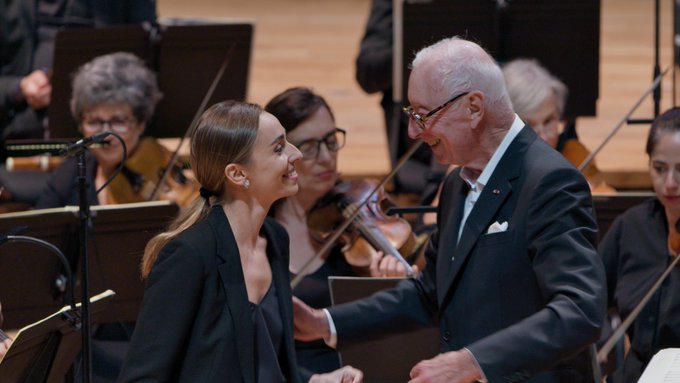This post is about pearls found in apparently simple but yet complex industrial-type questions, and a handful of parabolas. Two practical applications are found in analytical chemistry with BEADS: Baseline Estimation And Denoising w/ Sparsity and in cyber-physical system co-simulation with CHOPtrey: Contextual Polynomial extrapolation for real-time forecasting. The whole stuff is just a parabola, or a parable.
I was not at my best level of confidence in this talk, even in French. I had to completely change the talk a couple of days before. Politics... The best dwells in the Dave Gilmour (or Pink Floyd) parts:
- David Gilmour, Echoes (the acoustic way), live from Abbey Road (at the beginning)
- David Gilmour, Je crois entendre encore (Les pêcheurs de perles, Georges Bizet), at the end
- David Gilmour, Rattle that lock, based on an SNCF four-note jingle, and most notably in Milton's Paradise lost.
The talk, in French, parle de perles trouvées dans des questions à la fois simples et complexes, et d'une poignée de paraboles. Avec deux applications au filtrage de lignes de base en analyse physico-chimique, et pour la co-simulation de systèmes complexes avec des extrapolations polynomiales contextuelles. C'était à Maths en mouvement. The related works are:
- BEADS: Chromatogram baseline estimation and denoising using sparsity, Chemometrics and Intelligent Laboratory Systems, 2014
- CHOPtrey: contextual online polynomial extrapolation for enhanced multi-core co-simulation of complex systems, Simulation: Transactions of the Society for Modeling and Simulation International (March 2017) [arxiv] [HAL]
I just needed some parabolic relaxation.
 |
| Parabolic relaxation |
